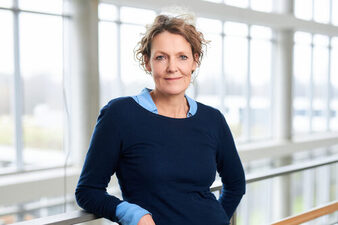" O munue unue kautore O naa - One finger can't pick up a needle"
The publication: "Namibia Approaches" documents the results of student project ideas in Windhoek, Katutura and opens up a view into the possibilities of fields of action for students and teachers.
The reason for this publication was the engagement with the topic of planning and building for and especially with people in other regions of the world and here in Namibia in particular. The personal contact between two students and a children's aid organization in Windhoek resulted in the opportunity to establish contacts in the country and to think about concrete projects.
Approaches
As part of the seminar: Special areas of design and structural engineering in the summer semester 2021, we as the Faculty of Architecture set out in search of topics that allowed us to approach the country with its various challenges and opportunities. Numerous guest lectures and discussions on planned and already realized projects enriched our seminar and strengthened our interest in further exploring the topic.
Learning through engagement Integrated project/integrated module
Through our cooperation partners in Katutura (Windhoek), we learned that there is still an immanent need for vocational labs, as the number of young people without training in Namibia remains high. One reason for this is that many children and young people do not attend secondary school, do not obtain a qualified school-leaving certificate and often do not have the opportunity to complete an apprenticeship for various reasons. The corona pandemic has further exacerbated the situation in the last two years.
We took this as an opportunity to plan "Vocational Labs" in the integrated project and integrated module of the winter semester 21/22 in north-eastern Namibia, on Nelly Farm, near Omatako. An exhibition of the work is planned for summer this year.
The publication provides an insight into life in Namibia, the cultural characteristics of the country's population groups, the climatic, geographical and infrastructural conditions and the education system. Another central theme is the research and examination of local and traditional building methods and techniques as well as the regional building materials available. Through the jointly developed contributions of the seminar: Special areas: Design and Structural Design, the publication shows possibilities and potentials that offer an opportunity for future projects in teaching.

